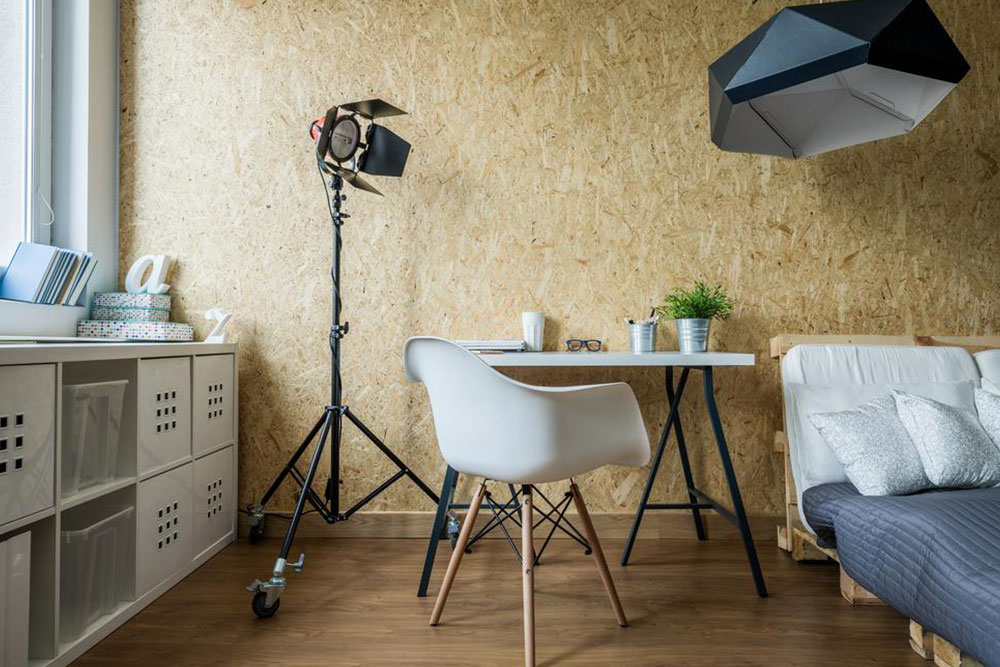Desks furniture: Evolution through the ages
No home is complete without furniture, as it offers both aesthetic appeal and functionality. It can be made of wood, plastic, metal, and other materials as well. Wooden furniture, especially the ones made of hardwood, are more durable and a little more expensive. They are made from birch, teak, maple, etc. Furniture can widely be divided into two main parts. They are Modern and Antique Furniture.
Antique vs. Modern
Modern furniture is the furniture that has been produced by the influence and style of the post-World War II era. It is the furniture that has been used since the 19th century.

Antique furniture, on the other hand, is the furniture that was there before World War II. Its design and appeal are very antique, suggestive of the era it was made in. Antique furniture is gorgeous and classy and comes at a high price, more often than not. Their age, rarity, and durability are some of the factors that make them desirable to buyers and collectors. They can either be symbolic or can represent a particular religion or its views.
Earlier, furniture was simple and elegant but with the progression of time, they became crafty and more beautiful, thereby becoming a status symbol.
Desks furniture: Evolution through the ages
Desks furniture is the kind of furniture that usually comes with some drawers and a flat top used as a table for writing and keeping things. It is not uncommon for one to find desks furniture in offices, homes, or even in antique stores. During the Industrial Era, an increase in the number of workers and offices led to a rise in the demand for desks. New, steam-driven, and more advanced machinery started making desks furniture. They were limited in numbers but were made very efficiently.
Typewriter desks: Steel versions of the desks furniture were introduced with the boom in use of typewriters. This gave rise to the Typewriters’ desks. These desks were generally made mobile and could open up to be a larger platform or surface, via flaps, making working easier. Desks furniture is also used for photocopying purposes and some desks are made solely for that purpose. They are made of plywood or fiberboard and have a wooden finish.
Student desks: Student model desks or simple student desks are made out of steel and wood. It is a small writing desk or pedestal. The pedestal is connected to the seat and takes up almost two-thirds of the entire desk surface area. They are of two kinds: right pedestal desk and left pedestal desk. Produced in mass quantities, the student desks often come with laminated table tops and plastic seats (or other materials) and are usually connected to each other, to form one single unit. Modern student desks come with storage for books and other objects. A wired or wooden shelf is created beneath the desktop.
Desks furniture can never become obsolete given the level of comfort and purpose they offer.

